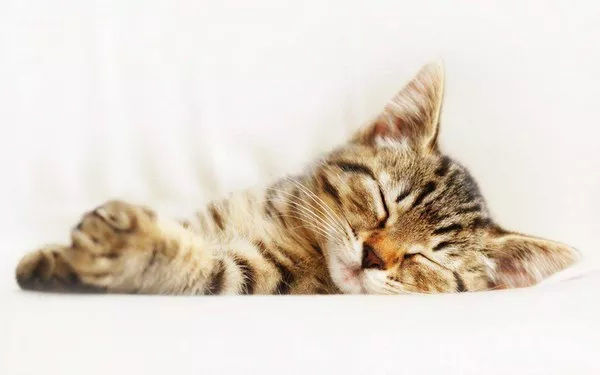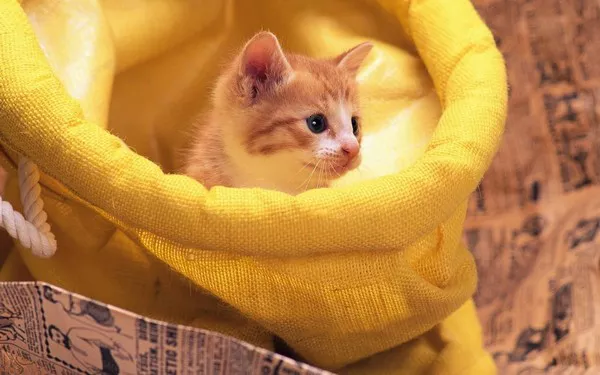Bengal cats are a popular breed of domestic cat known for their unique coat patterns and playful personalities. However, one question many potential Bengal cat owners have is whether or not these cats are aggressive towards other cats. In this article, we will explore whether or not Bengal cats are aggressive with other cats, and what factors can contribute to their behavior.
Bengal Cat Personality
Before discussing whether or not Bengal cats are aggressive towards other cats, it is important to understand their overall personality. Bengal cats are known for being active, curious, and intelligent. They are often described as being “dog-like” in their behavior, as they enjoy playing fetch and following their owners around the house. Bengal cats are also social and thrive on human interaction. They are typically friendly towards other pets in the home, including dogs and other cats.
Bengal Cat Behavior with Other Cats
While Bengal cats are generally friendly towards other cats, there are a few factors that can contribute to aggressive behavior. One of the most common causes of aggression is territory. Bengal cats can become territorial, particularly if they feel threatened by another cat in the home. This can manifest in behaviors such as hissing, growling, or even physical altercations.
Another factor that can contribute to aggressive behavior is socialization. If a Bengal cat has not been socialized with other cats from a young age, they may not know how to interact with them appropriately. This can lead to fear or aggression towards other cats. Similarly, if a Bengal cat has had negative experiences with other cats in the past, they may be more likely to exhibit aggressive behavior towards other cats in the future.
How to Help Your Bengal Cat Get Along with Other Cats
If you have a Bengal cat and are considering adding another cat to your household, there are several things you can do to help them get along:
- Introduce the cats slowly: Introduce the cats to each other gradually, allowing them to become familiar with each other’s scent and presence before allowing direct contact.
- Provide plenty of resources: Ensure that each cat has their own food, water, litter box, and sleeping area to minimize competition and reduce the likelihood of aggression.
- Encourage positive interactions: Reward both cats for positive interactions with each other, such as playing together or grooming each other.
- Consider professional help: If your cats are not getting along despite your best efforts, consider seeking help from a professional animal behaviorist.
In conclusion, while Bengal cats are generally friendly towards other cats, there are a few factors that can contribute to aggressive behavior. Territorial behavior and lack of socialization are common causes of aggression, but there are steps you can take to help your Bengal cat get along with other cats in your household. By taking a gradual approach to introductions, providing plenty of resources, and encouraging positive interactions, you can help your Bengal cat live harmoniously with other cats.


























